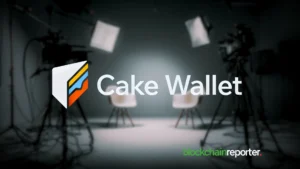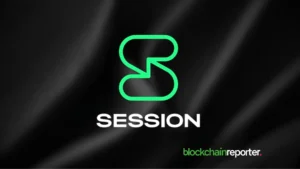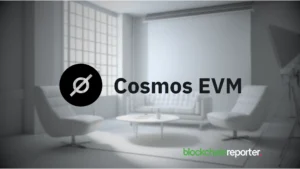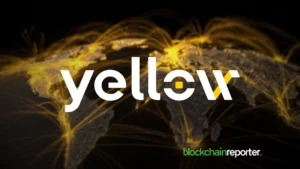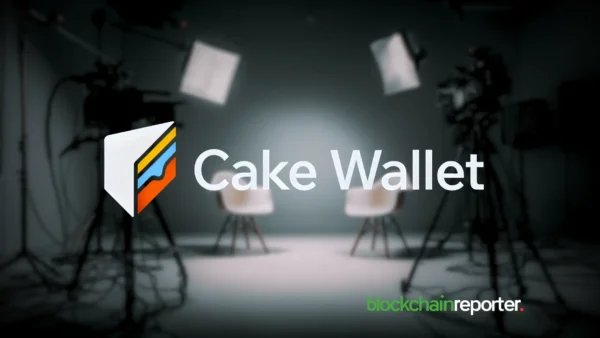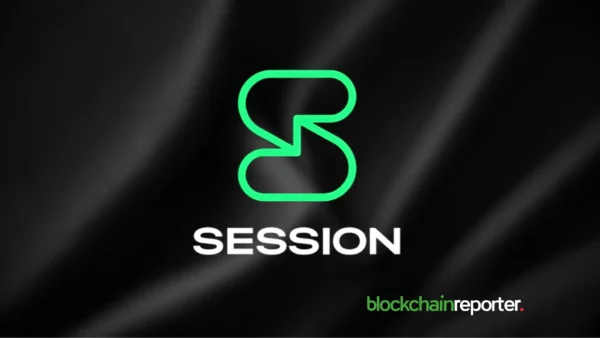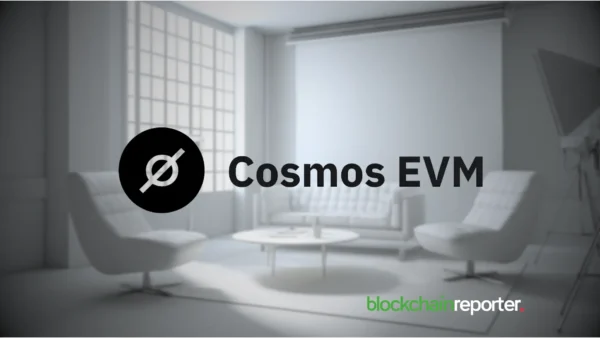
Asia was, for a time, considered the hotbed for crypto activity across the world. However, Europe seems to be hot on their trail with various conferences, crypto-centric laws under development and even the announcement of €500 million in funding by the French government.
We sit down with Karim Sabba, the founder of Paris Blockchain Week and Woorton, a digital asset liquidity provider, to discuss these recent changes.
A few years ago, it seemed many world powers weren’t interested in Blockchain and now they seem to be in a race for Blockchain dominance. What do you think set this in motion?
The fear of losing a competitive advantage is a strong driving force. When a large corporation sees that it’s biggest competitors are experimenting with the technology, there is a natural motivation for the corporation to look to delve into the technology for itself. They simply can’t risk all their competitors becoming more efficient while they remain the same.
The reverse was also true not so long ago. When everybody was speaking out against the technology, nobody wanted to be the crazy company that was looking into blockchain. Now, we are seeing companies such as Facebook, JP Morgan, and all the major public auditing firms with teams dedicated to blockchain technology.
Europe has a bit a of an edge over Asia in that there are fewer laws that are hostile towards crypto (crypto is banned in China and ICOs are banned in Korea). Do you see Asia catching up in that regard?
As the industry continues to mature, we will likely see more of a consensus among governments regarding how to regulate this industry. Currently, we are seeing vastly different approaches from different jurisdictions. Asia is being far more stringent and we are seeing them losing business as a result of this. For example, a tightening of regulations in Japan resulted in many exchange businesses having to move location or shut down operations. On the upside, this provides more protection to the consumer and may result in a stronger quality of cryptocurrency businesses in the long-term. At the moment, it is too early to say whether the strict approach applied by Asia is a good or a bad thing. However, at the moment, they are certainly restricting their jurisdiction from some of the potential blockchain and cryptocurrency businesses which could be operating there.
Do you think Asia or Europe can catch up with a place like Malta, which got a bit of a headstart in the game?
There is still a lot of uncertainties regarding the technology and how it should be regulated. It is natural that we are seeing most governments take a conservative approach towards regulation. Malta’s move in passing through regulation relating to blockchain has helped them attract a lot of the big blockchain businesses of today such as Binance and OKEx. However, with this being a growing industry, there will be second and third waves of blockchain businesses rising and regulation should be a lot more consistent across governments at this stage. There is a lot of ways to attract businesses outside of just regulation and we will see this in how governments compete for blockchain businesses going forward. Government funded programmes and support can go a long way in attracting the right type of talent and this is a way in which other European countries outside of Malta and countries in Asia may compete for blockchain talent moving forward.
What do you think should be the most important objective for these various Blockchain events in Europe, raising awareness or financially supporting the industry?
It is important to remember that we are in an extremely early phase in this industry. What is really important right now is that people can make the right connections. Whether this is founders connecting with developers or founders connecting with investors, the progression of the industry really depends on these relationships being formed. These kinds of events facilitate this. Currently, there is a lack of development talent dedicated to working with blockchain technology. The demand for developers is extremely high and companies in far more mature industries typically can offer far more lucrative packages for development talent. Founders often need to convince developers to take the risk of going with an early-stage company through either pitching a vision or offering packages that include equity so that developers are compensated for the risk they take. Blockchain events are the playing fields where these types of deals are made and we are excited to connect different professionals from a variety of backgrounds at the Paris Blockchain Week.
The CEO of MasterCard recently said that many Blockchain projects have not lived up to their potential. Is Blockchain still the technology of the future or could it be a passing fad?
It depends on what future we are talking about. There is no doubt that blockchain technology has been overpromised by many and some he tried to apply it to places where it doesn’t make sense. It is really about understanding on a fundamental level what the technology is and where it can be applied to innovate existing industries. Events such as the Paris Blockchain Week helps attendees really understand the technology on a deeper level and how it relates to existing industries. It is not surprising that the CEO of MasterCard is talking against blockchain technology as it is the financial services industry that is in the centre of the crosshairs when it comes to industries that are ripe for disruption by blockchain technology. It is also important that we are patient with the technology. We all tend to overestimate what technology can do in the short-run while underestimating what it can do in the long-run. It is going to take a while for decades and sometimes centuries old industries to be disrupted by blockchain technology which is barely ten years old. But when they are, we will see a profound change.
There is a large influx of institutional investment into the Blockchain industry. How does Woorton come in?
Woorton is in the front line of this institutional step for several reasons. The company is backed by two regulated French asset managers having an extensive network in the asset management industry giving an unprecedent exposure to Woorton at the french and european level.
We have also been very careful to apply the same standards that traditional markets have under MIFID laws when possible, as well as what is seen in the banking industry in terms of KYC/AML procedures, with an extensive KYT check on the crypto side in order to match the expectations of our institutional clients.
Last but not least, Woorton has been pro-active in the coming crypto secondary market regulation in France by working with the regulator to draft a first framework for our activity and then through the French Digital Asset Association alongside most of the leading French actors to propose an entire secondary market framework to policy makers.
What does Woorton have planned for the year ahead?
We want to consolidate our presence as a global liquidity provider by continuing to onboard investment funds, brokers, private banks, HNWI and soon banks; by adding more fiat currencies as GBP, CHF, AUD, YEN or HKD as well as more cryptocurrencies to our automated trading systems.
We also want to expand the Woorton Market-Making as a Service (MMaaS) activity by onboarding new clients and at the same time keeping the highest level of quality in terms of issuer. The main goal of the activity is to reduce the spread and organically increase the volume of our client’s digital asset on the exhanges. Market making in securities, forex and other traditional assets is a very opaque business. Our main focus is currently to bring full transparency on our activity for our clients and we will announce in a few months a unique feature in this respect.
In a competitive market like crypto, differenciation is key. That is why we launched a 24/7 API on USD, EUR, and will soon add GBP. We are also deploying market making strategies on decentralized exchanges and the asset universe we offer to our liquidity provider clients will be expanded thanks to our MMaaS activity.
Blessed with the trust of dozens of clients, we hope to continue expanding our reach in Europe and Asia.

